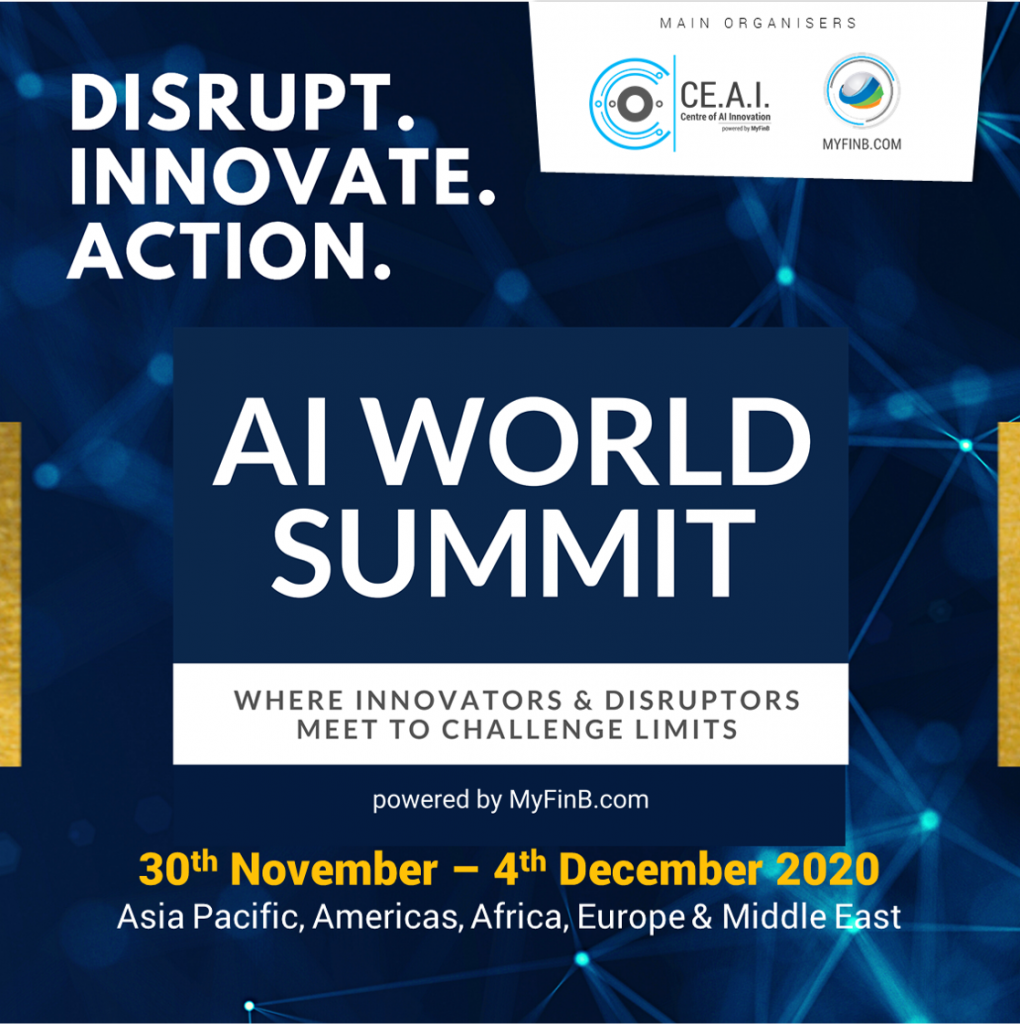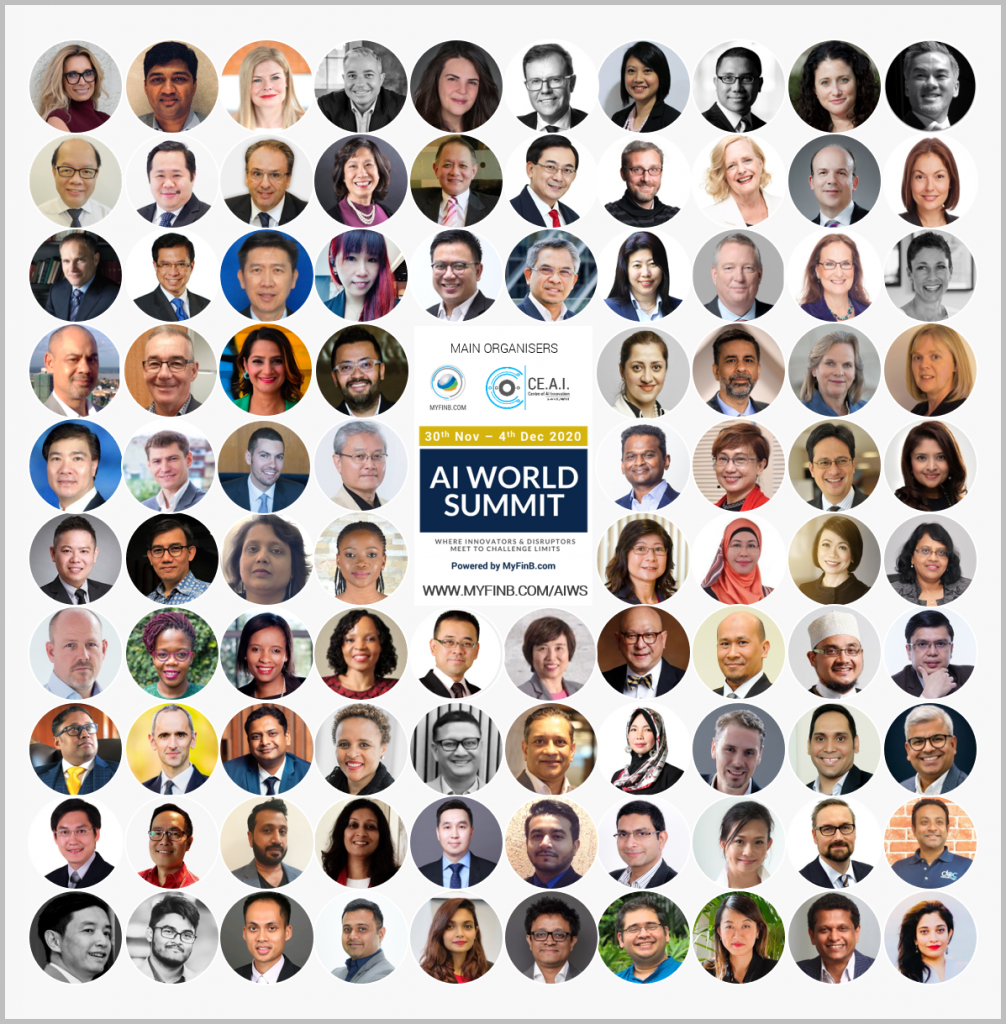

‘The AI World Summit: Where Innovators & Disruptors Meet to Challenge Limits’ brings together the global AI community from a range of businesses, science and tech to go beyond the buzz and hype, discuss the most burning AI issues, share their developments, successes, challenges, and the resultant impact on their businesses.
The Future of Jobs 2020 report has found that COVID-19 has caused the labour market to change faster than expected. By 2025, automation and a new division of labour between humans and machines will disrupt 85 million jobs globally in medium and large businesses across 15 industries and 26 economies. Roles in areas such as data entry, accounting and administrative support are decreasing in demand as automation and digitization in the workplace increases. More than 80% of business executives are accelerating plans to digitize work processes and deploy new technologies; and 50% of employers are expecting to accelerate the automation of some roles in their companies. What are the strategic implications for employers and employees now? What can you do about it? When is the effect going to be felt?

The workforce is automating faster than expected, displacing 85 million jobs in next five years
With regard to daily life, the key questions concern the understandability and ease of use technology as well as the related opportunities to make choices and exercise influence. When technology changes operating methods, will everyone stay on board? When services are increasingly used by tapping buttons on smart devices, will everyone have access to the same opportunities? New technology can also bring new divisions related to who knows how to use it, who has access to it and who has the power to influence its development and adoption. To that end, it is important to think about what the desired future looks like and how technology can help the world move towards it. At the same time, it is also necessary to consider the new challenges presented by technology with respect to inequality, for example.

Tech megatrends impact the operating methods and the underlying business models.